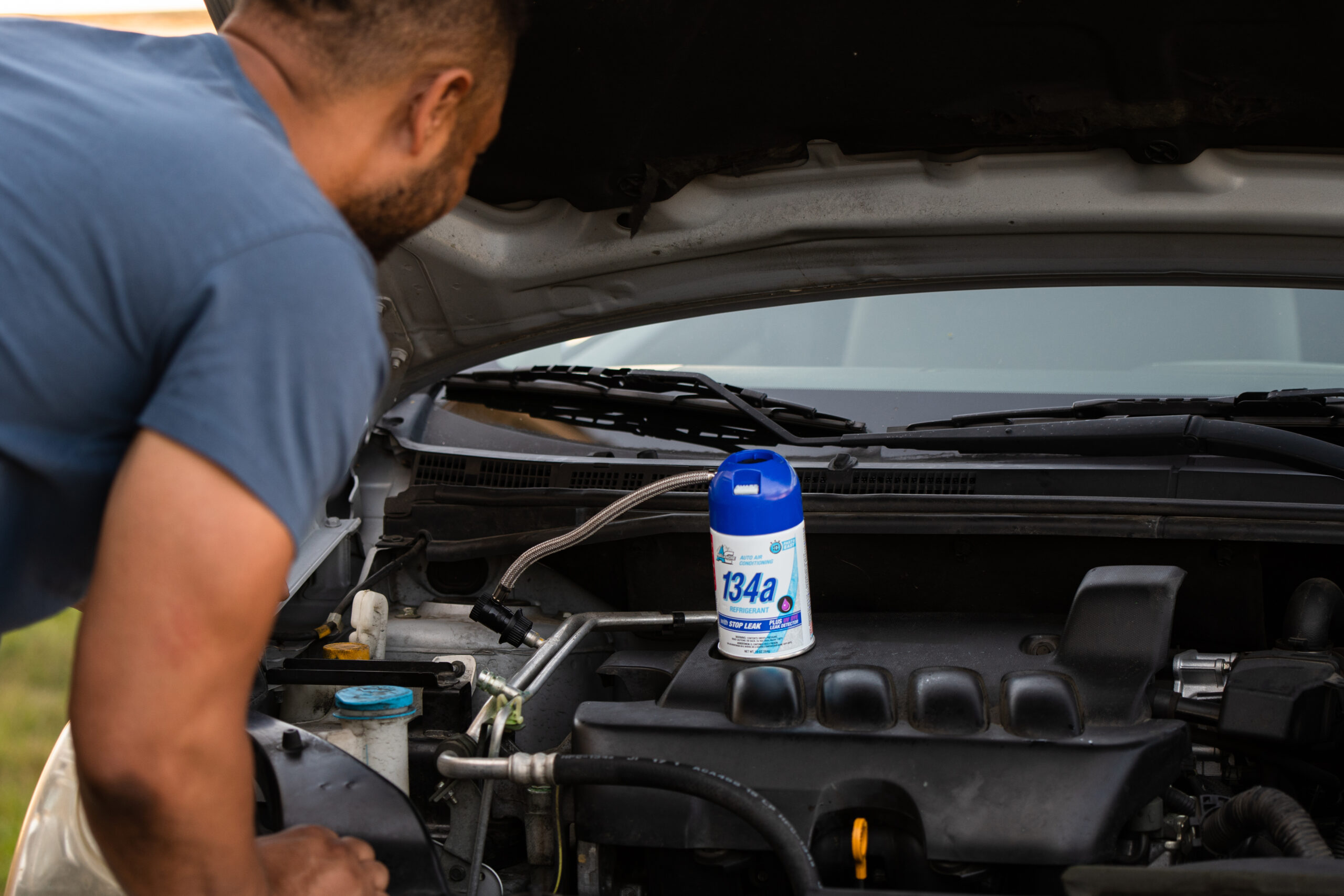Faster Delivery in 3-5 Days
Faster Delivery in 3-5 Days

Your car's air conditioning system is more than just a comfort feature-it's essential during hot weather. At the center of this system is the AC compressor, responsible for circulating refrigerant and enabling the cooling process.
In this article, we'll explore how the compressor works, warning signs of failure, maintenance tips, and what you can expect to pay for repairs.
The AC compressor is a vital part of your vehicle's HVAC system. It compresses refrigerant gas and circulates it through the system to remove heat from the cabin. Here's how the process works:

The AC compressor circulates refrigerant to cool the cabin efficiently.
Modern vehicles integrate sensors and control modules that monitor the AC system, including the compressor operation, refrigerant pressure, and system faults. A diagnostic scanner (such as an Autle OBD2 scanner) can be a valuable tool for detecting problems early by:
Using diagnostic scanners helps technicians and DIYers accurately pinpoint issues without guesswork, saving time and repair costs.

Most Autel scanners can diagnose all car systems, including AC.
When the compressor isn't working properly, your AC system suffers. Here are common signs to watch for:

External damage often leads to compressor oil leaks—a common AC failure.
Keeping the AC compressor in good shape helps avoid costly repairs and ensures reliable cooling. Follow these tips:
1. Inspect Regularly
Make AC checks part of your routine maintenance to catch problems early.
2. Look for Leaks
Oily residu around hoses or fittings can indicate refrigerant leaks. If spotted, have it repaired quickly.
3. Monitor AC Performance
If cooling weakens or airflow drops, it could signal compressor trouble.
4. Check Belt Condition
Ensure the compressor drive belt has proper tension and no signs of cracking or wear.
5. Recharge Refrigerant as Needed
If your AC isn't cooling properly, low refrigerant may be the cause. Have it recharged by a professional.
6. Schedule Professional Servicing
A certifies technician can inspect the entire system, test components, and recharge refrigerant safely.

Poor AC cooling may indicate low refrigerant, requiring a professional refill.
Replacing an AC compressor usually costs between $200 and $500, depending on the vehicle model, labor rates, and how much related damage exists. Delaying repairs can lead to more expensive fixes down the line, including damage to the condenser, evaporator, or even the engine.
Your car’s AC compressor plays a crucial role in keeping the cabin comfortable. Recognizing signs of failure early—like weak airflow, leaks, or noise—can save you time, money, and headaches. With regular inspections and timely maintenance, your AC system will stay efficient and reliable, no matter how hot it gets outside.